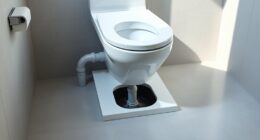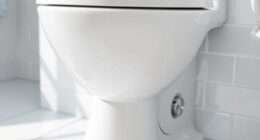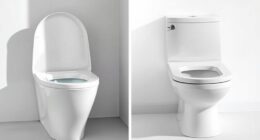Are you thinking about adding a new shower to your home? Look no further! We have all the details on shower installation expenses that you should know.
From the different types of showers available to the materials needed and labor costs involved, we’ve got you covered.
Plus, we’ll share some expert tips on how to save money along the way.
Get ready to transform your bathroom into a luxurious oasis without breaking the bank. Let’s dive in!

Key Takeaways
- The cost of shower installation can vary depending on factors such as the type of shower, materials used, and labor costs.
- Hiring a professional for shower installation ensures a successful and efficient installation, minimizing the risk of future issues.
- Additional expenses, such as hidden fees or unexpected plumbing or structural issues, may arise during the installation process.
- To save money on shower installation, consider researching and comparing prices, exploring cost-effective options like pre-fabricated shower kits, and considering DIY installation to save on labor costs.
Types of Showers
What are the different types of showers we can choose from for our bathroom installation project?
When it comes to shower design, there are several options to consider. One popular choice is the traditional shower-tub combo, which offers versatility for both bathing and showering.
Another option is the walk-in shower, which provides a spacious and open design for easy accessibility.
For those looking for a more luxurious experience, a rainfall showerhead or a steam shower can be installed to create a spa-like atmosphere.
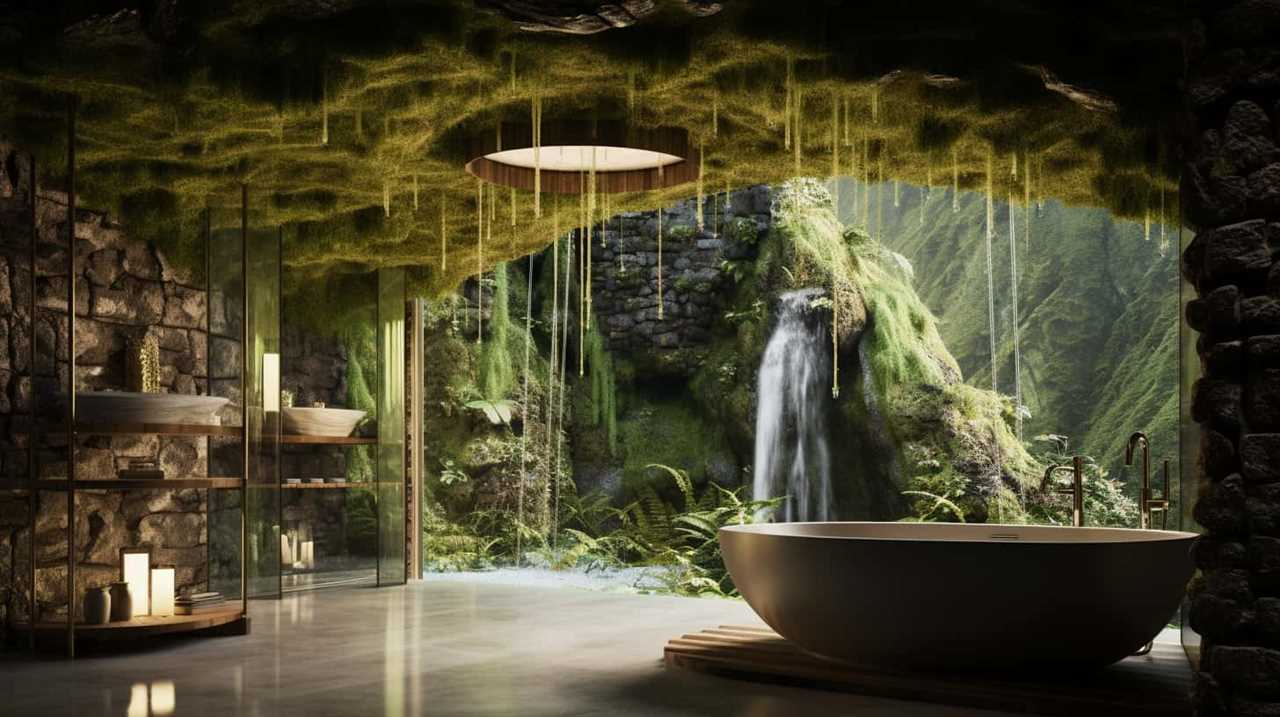
Additionally, there are low-maintenance showers available that feature easy-to-clean materials and built-in anti-microbial properties, reducing the need for frequent shower maintenance.
When selecting the right shower for your bathroom installation project, it’s crucial to consider your personal preferences, budget, and the overall aesthetic of your space.
Materials Needed
Now let’s delve into the materials we will need for our shower installation project. When it comes to shower installation, it’s important to have a clear understanding of the materials required and their associated costs. To help you with this, here is a cost breakdown and some DIY options for your consideration:
| Materials | Description |
|---|---|
| Shower Pan | This is the base of the shower that ensures proper drainage. It can be made of acrylic, fiberglass, or tile. |
| Shower Enclosure | This includes the walls and door of the shower. Common materials include glass, acrylic, or tile. |
| Shower Valve | This controls the water flow and temperature. It can be a single-handle valve or a thermostatic valve. |
| Showerhead | This is the part that sprays water. Options include fixed, handheld, or rain showerheads. |
| Plumbing Supplies | These include pipes, fittings, and connectors needed for water supply and drainage. |
Labor Costs
We will now discuss the labor costs associated with shower installation. When it comes to hiring professionals for this task, there are a few factors that can affect the labor costs. Here are three key points to consider:
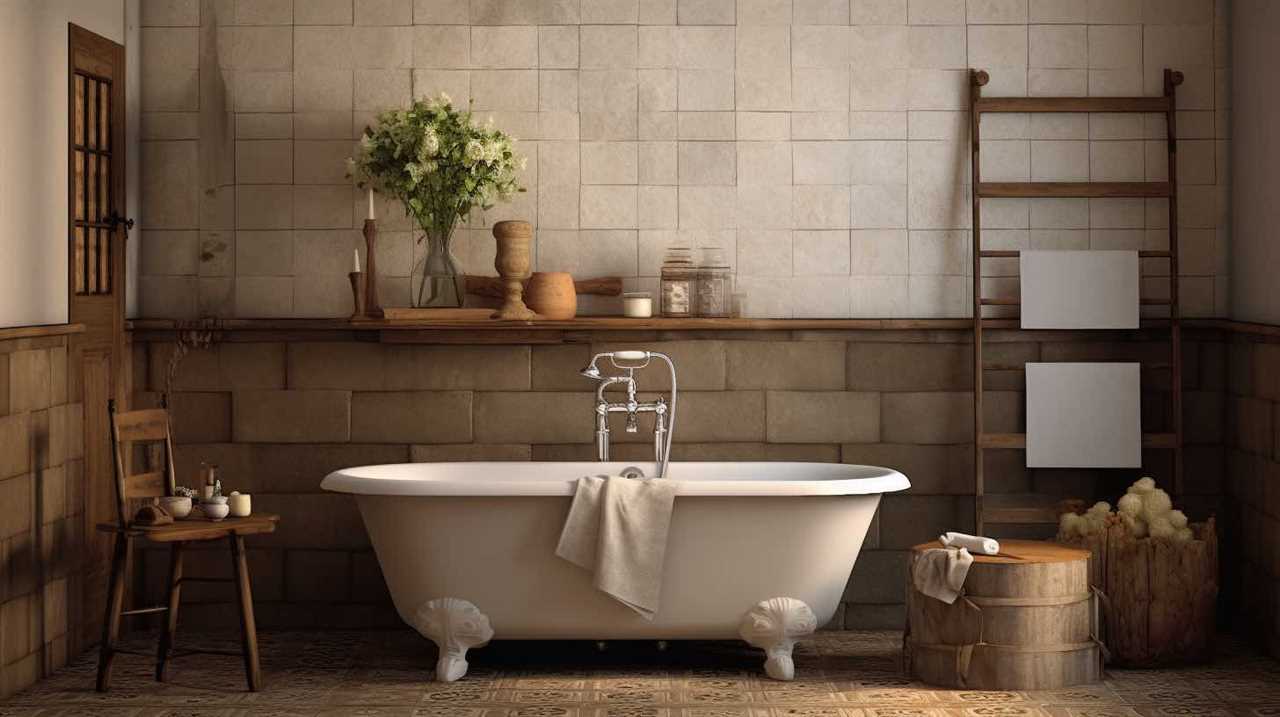
- Labor efficiency: The efficiency of the laborers can greatly impact the overall cost. Experienced professionals who’ve mastered their craft can often complete the installation more quickly and efficiently, resulting in lower labor costs.
- Professional expertise: Hiring skilled and knowledgeable professionals is crucial for a successful shower installation. Their expertise ensures that the job is done correctly and up to code, minimizing the risk of future issues. However, their level of expertise may also come with a higher labor cost.
- Complexity of the project: The complexity of the shower installation can also affect the labor costs. If the project requires additional plumbing work, electrical connections, or intricate tile patterns, it may require more time and expertise, resulting in higher labor costs.
Additional Expenses
As we continue our discussion on shower installation costs, it’s important to consider the additional expenses that may arise during the project. While labor costs are a significant portion of the overall cost, there are other factors that can impact your budget.
Hidden fees and unexpected costs can quickly add up and catch you off guard if you’re not prepared. For example, if your existing plumbing needs to be updated or if there are structural issues that need to be addressed, these unforeseen expenses can significantly increase the overall cost of the installation.
It’s crucial to have a detailed understanding of your specific project requirements and to work closely with your contractor to anticipate and plan for any additional expenses that may arise.
Now that we’ve discussed the potential additional costs, let’s move on to some valuable tips for saving money during your shower installation.

Tips for Saving Money
To minimize costs, we recommend exploring cost-saving strategies during the shower installation process. Here are some budget-friendly options and DIY shower installation tips that can help you save money:
- Research and compare prices: Take the time to shop around and compare prices from different suppliers and contractors. This will help you find the best deals and potentially save money.
- Consider pre-fabricated shower kits: Pre-fabricated shower kits are a cost-effective option that can save you time and money. These kits come with all the necessary components and can be installed easily without the need for extensive plumbing work.
- Do it yourself: If you have the necessary skills and tools, consider taking on the installation yourself. DIY shower installations can save you a significant amount of money on labor costs.
Frequently Asked Questions
How Long Does It Typically Take to Install a Shower?
Typically, it takes a few days to complete the shower installation process. Factors like the complexity of the design and any necessary plumbing adjustments can affect the installation time.
Can I Install a Shower Myself, or Do I Need to Hire a Professional?
Installing a shower yourself can save money, but it’s important to consider the complexities involved. Hiring a professional ensures expertise, proper installation, and avoids potential mistakes. Weigh the benefits of each option before making a decision.
Are There Any Permits or Inspections Required for Shower Installation?
Yes, there are permits and inspections required for shower installation. It’s important to follow local building codes and regulations. DIY shower installation may still require permits and inspections to ensure safety and compliance with the law.
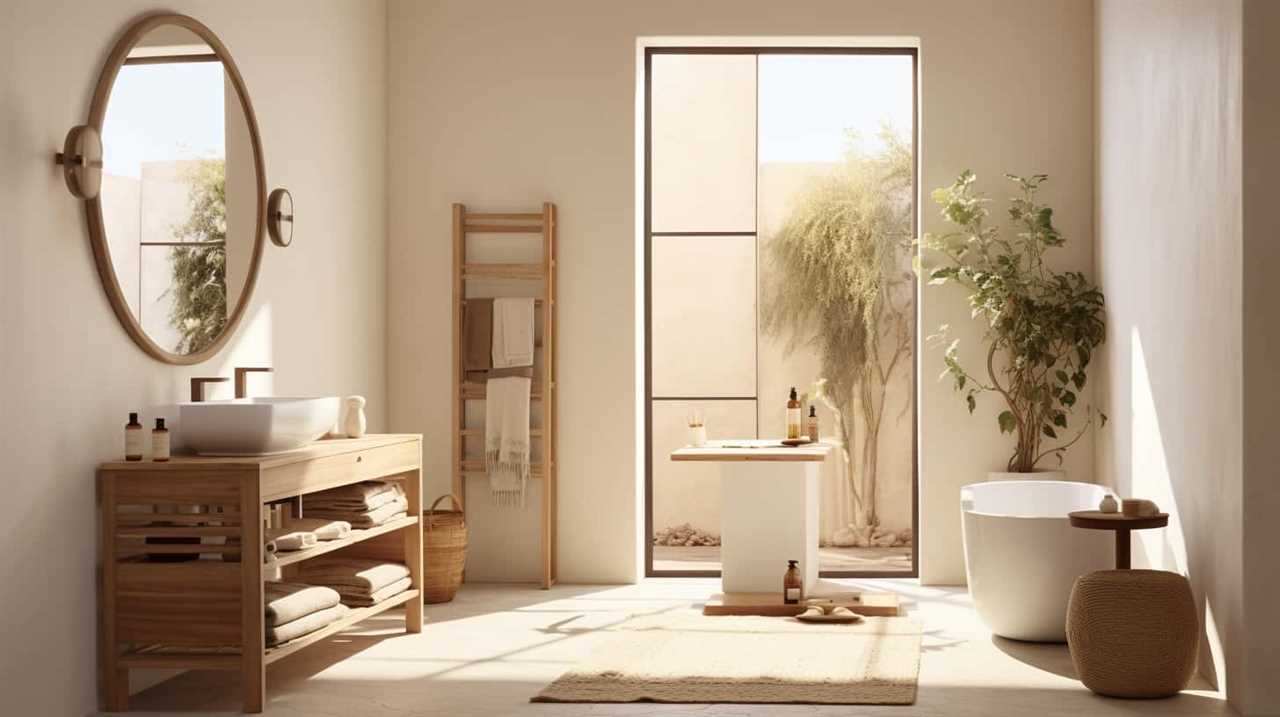
What Should I Do if I Encounter Unexpected Issues During the Shower Installation Process?
If we encounter unexpected issues during the shower installation process, we should first assess the problem and then consult with a professional plumber. They will have the expertise to handle plumbing problems and help us navigate any unexpected delays.
Can I Upgrade My Shower Fixtures While Installing a New Shower?
Yes, you can upgrade your shower fixtures while installing a new shower. However, it’s important to consider plumbing considerations to ensure compatibility and functionality. Consult a professional for expert advice.
Conclusion
In conclusion, when it comes to shower installation costs, it’s important to consider the type of shower, materials needed, labor costs, and any additional expenses.
By understanding these factors and planning ahead, homeowners can save money and ensure a smooth installation process.
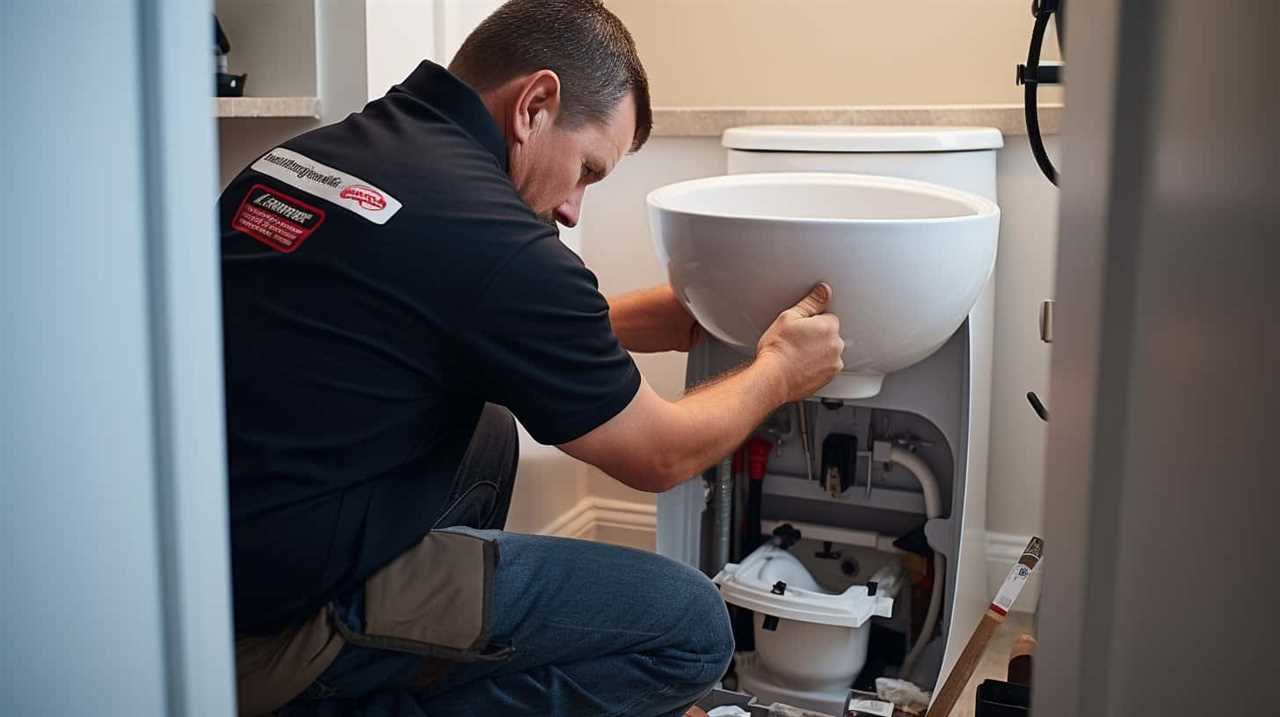
Just like a well-designed shower, careful planning and attention to detail can lead to a refreshing and satisfying outcome for both your wallet and your daily shower experience.








